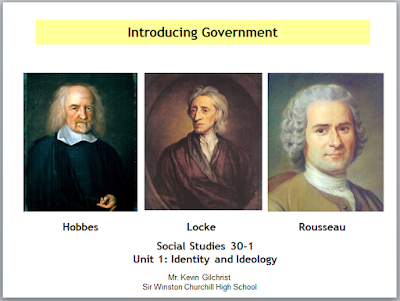IB 30/35
I went through a lecture on German Expansion from 1938-1940. You can find these Google Slides on the IB 30/35 wiki on the Prescribed Subject 3 page.
For homework, you should read pages 156-178 in The Move to Global War textbook.
You should also create a chart like the one below to take notes on key pacts and agreements that took place in the road to World War II.
Social 20-1
You wrote the Chapter 7-8 Test today. Hopefully, I will be able to get results back to you soon. I gave you back your Unit 2 WRA I today. Please remember that the Unit 2 Final Exam on Monday, December 9th (please see the study guide below).
Unit 2 Final Exam Study Guide:
1. Study the following PowerPoint presentations from Unit 2:
- The Causes of World War I
- Total War-Allied Victory in WWI-Paris Peace Conference
- Ultranationalism in WWII: Italy, Japan, Germany
- The Internment of Japanese-Canadians in WWII
- The Holocaust
- Eight Stages of Genocide (from the Genocide Watch website)
- Contemporary Examples of Genocide
- national interest
- domestic policy
- foreign policy
- Triple Alliance
- Triple Entente
- Treaty of Versailles
- Big Four (Woodrow Wilson, David Lloyd George, Georges Clemenceau, Vittorio Orlando)
- appeasement
- ultranationalism
- propaganda
- conscription crisis
- Adolf Hitler
- Nazis
- Hirohito
- Tojo
- Kristallnacht
- The Way of Subjects
- League of Nations
- total war
- internment
- War Measures Act
- Great Depression
- the Greater East Asia Co-Prosperity Sphere
- irredentism
- genocide
- crimes against humanity
- war crimes
- Holocaust
- ethnic cleansing
- lebensraum
- Weimar Republic
- Final Solution
- decolonization
- successor state
- self-determination
- World War I (don't concern yourself with memorizing battles though)
- Paris Peace Conference and the Treaty of Versailles
- The Interwar Years
- of ultranationalism in Germany, Japan, and Italy
- Causes of World War II and key events (turning points in the war)
- The Holocaust
- Contemporary examples of genocide (review case studies that were emphasized in class and in the textbook, review your notes for "Scream Bloody Murder", "Shake Hands with the Devil")
- Decolonization and self-determination (what are successor states? What is self-determination?)
Social 30-1
I went through the Rights Notes in your Social 30-1 course books, we also started talking about the usage of the War Measures Act (only to be used in times of war, invasion, and insurrection), the case study of the internment of Japanese-Canadians in WWII. You should this PowerPoint off and highlight key parts of the lecture. Tomorrow, we'll be looking at the FLQ Crisis in greater detail, and the concept of illiberalism as well. You're writing the Unit 3 WRA II position paper on Monday, December 9th (you'll get the essay question sheet in advance).




